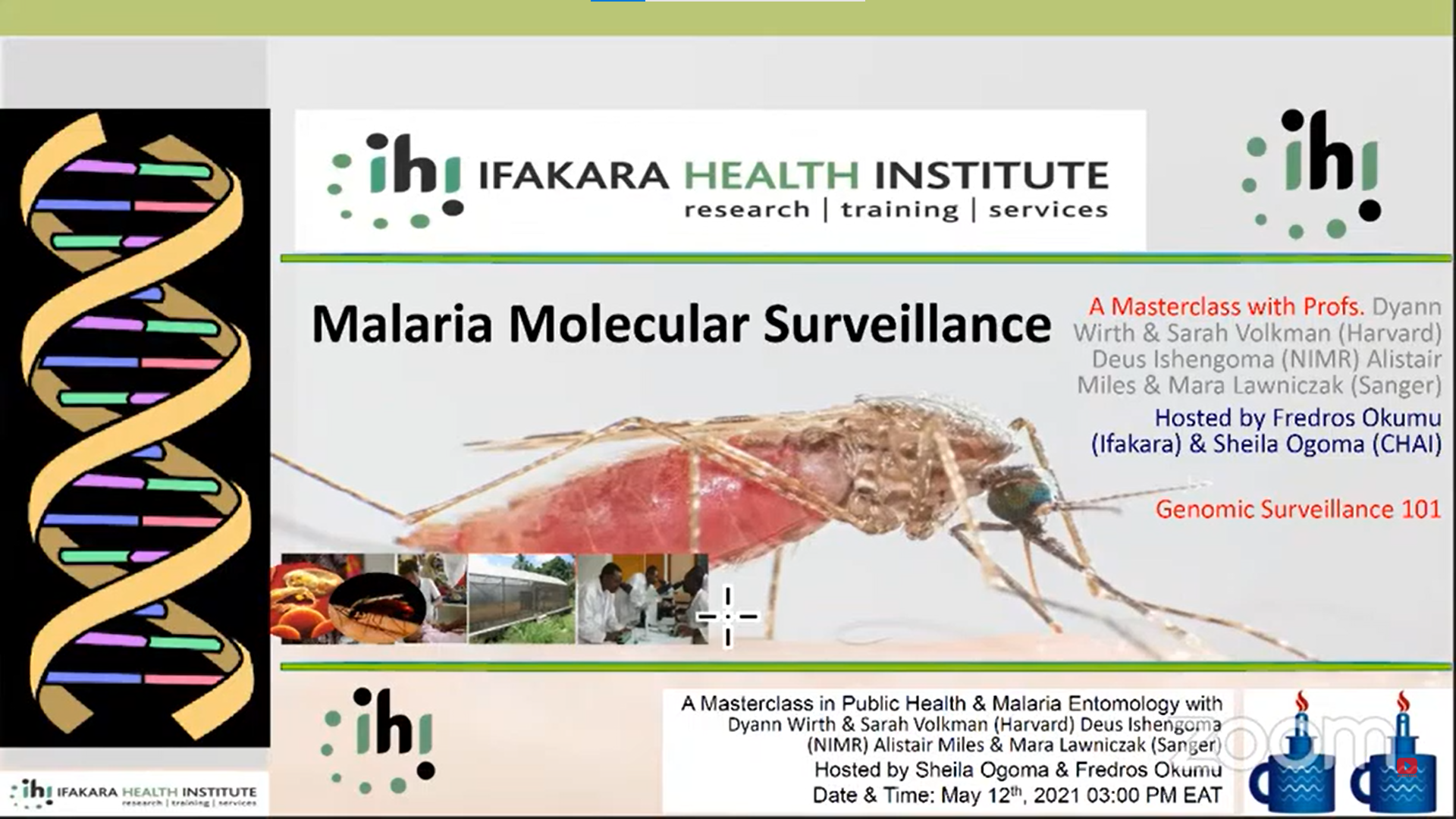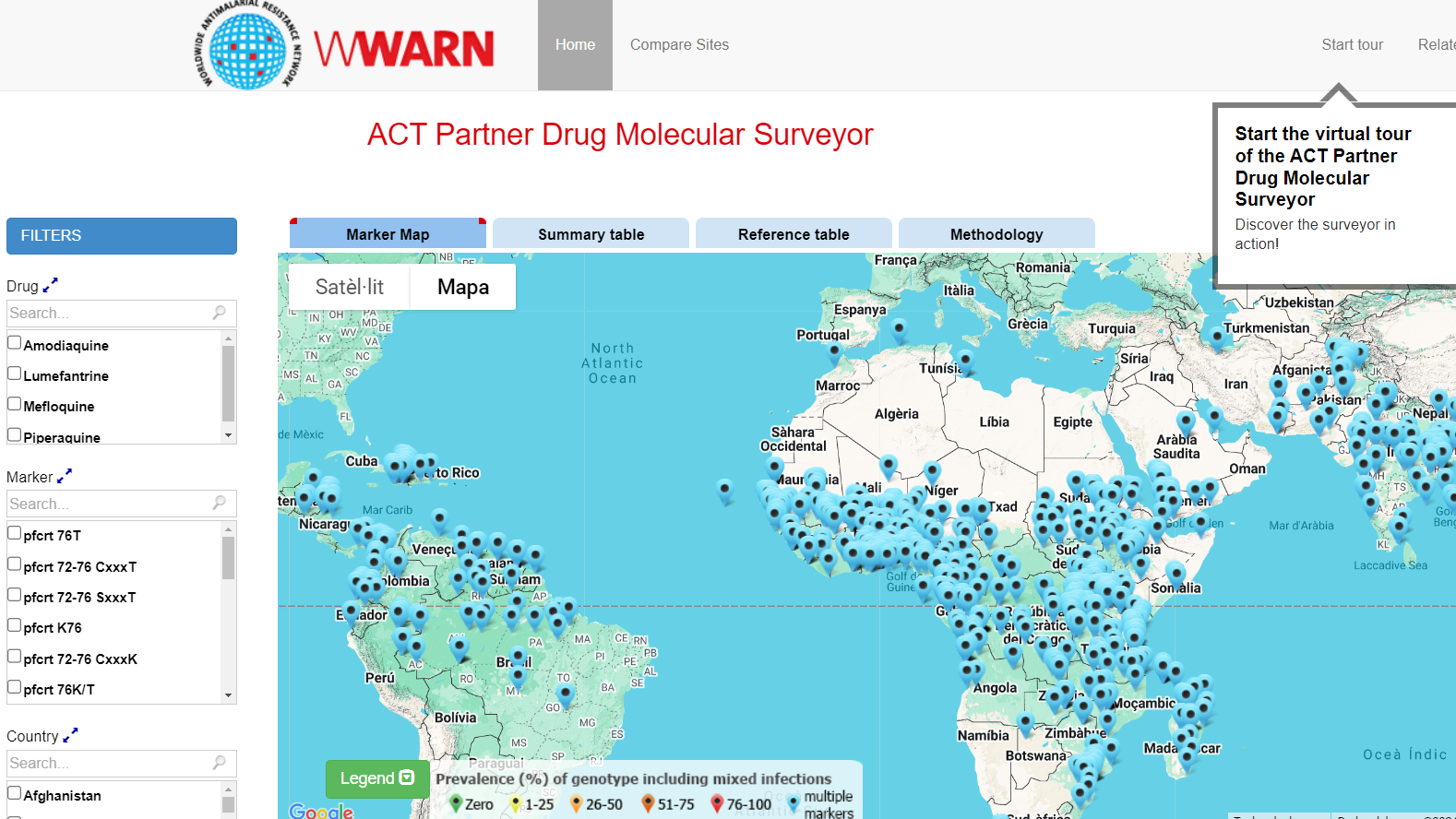Last Updated: 17/07/2024
Molecular surveillance of P. falciparum histidine rich protein 2/3 (pfhrp2/3) deletions in the context of transmission intensity
Objectives
*Alternative title: Molecular surveillance of Pfhrp2/3 deletion in Kenya.
To help eliminate malaria in Kenya by integrating a multiplex PCR assay into an existing surveillance program that detects a specific variant in the parasite Plasmodium falciparum, which is undetectable by most rapid diagnostic tests.
A multiplex PCR assay will be integrated into an existing malaria molecular surveillance program to detect a specific variant in the causative malaria parasite Plasmodium falciparum, which is undetectable by most rapid diagnostic tests and is threatening successful disease control. The specific haplotype of concern has a deletion of the genes encoding for histidine-rich proteins 2 and 3 (hrp2/3). Individuals infected with this haplotype produce a false negative result on most diagnostic tests.
The project will integrate the PCR assay into an ongoing cohort study, and develop statistical analyses to genotype the samples and decision support tools for guiding future intervention strategies. They will also evaluate the emergence and spread of these new haplotypes by genotyping existing samples to determine the effect of previously deployed diagnostic policies on disease control. If successful, they will scale their approach up nationwide.
Jun 2021 — Jul 2023
$100,000


